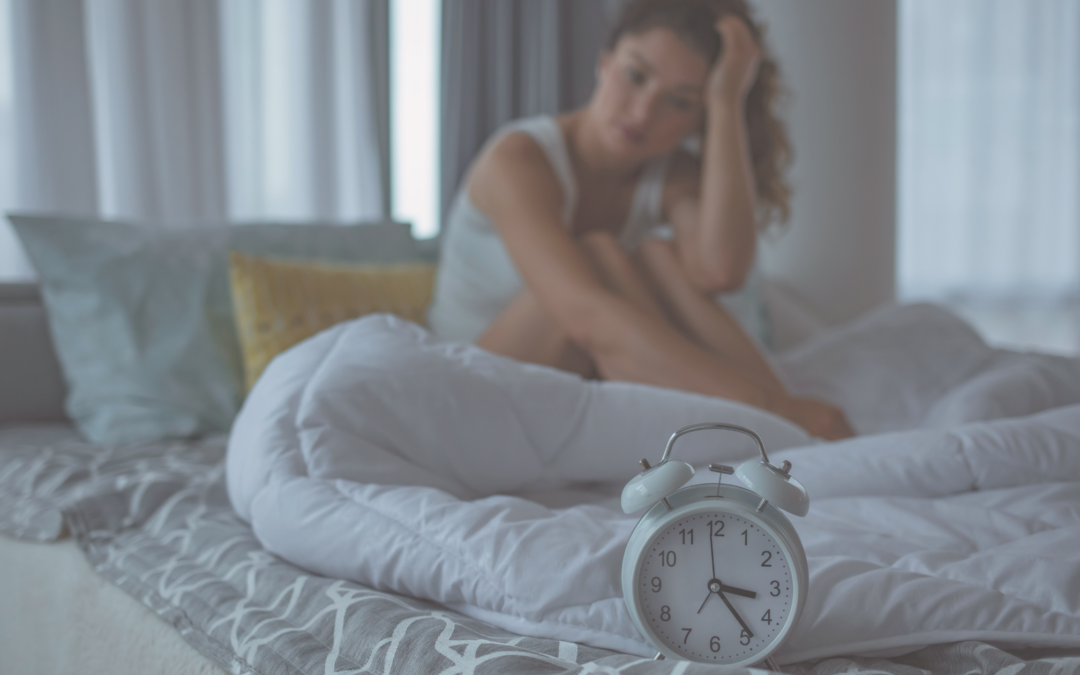Are you feeling constantly exhausted from being always busy? Is your anxiety or depression keeping you up at night? As a therapist in Bethesda MD, I understand. Sleep is essential to our functioning and well-being. Our brains fuel during a night’s sleep, taking its time to rest and recharge. With proper sleep, memories, emotions, and new information you took in from your busy day are processed and filed away for our minds to retrieve later. Without good sleep, the brain struggles to communicate with the rest of our body and hormones.
Oftentimes, this causes our mental health to take the biggest toll. In this study, people who averaged 6 hours or less of sleep each night were about 2.5 times more likely to have frequent mental distress than those who slept more than 6 hours. Sleep is interconnected to our mental health and not receiving enough sleep can affect anyone, especially those who experience anxiety or depression.
Here are 8 Tips to Help Improve Your Sleep:
Stick to a schedule.
Try to go to bed and wake up at the same time each day, reaching for a goal of 7-9 hours of sleep a night.
Avoid screen time or blue light before going to bed.
Try to avoid screens for 30 minutes before bed, as the blue light stimulates the brain.
Watch what you choose to eat before bedtime.
Try to avoid sugar, caffeine, or alcohol before bed.
Create a comfy and cozy environment to sleep in.
Try treating your bedroom like a sanctuary- have comfortable pillows and blankets, a sound machine, or anything that makes your bed feel inviting at the end of a long day.
Exercise during the day.
Adding in movement to your day helps to improve sleep.
Don’t fight the sleeplessness.
To avoid activating your bodys fight or flight response, or the anxiety feeling, when you can’t fall asleep right away, get up every 20 minutes and do an activity. Try reading a book or listening to your favorite music, rather than tossing and turning.
Engage in relaxation techniques.
Try journaling before bed, deep breathing, progressive muscle relaxation, meditations, or body scans.
Try therapy.
Therapy can help you control or eliminate negative thoughts and worries that keep you up at night.
If sleep has become a concern for you, contact a Bethesda MD counselor to discuss what works best for you.


